Effective Parasite Control in Racing Pigeons: A Complete Guide
Parasites are one of the biggest health threats to racing pigeons. From internal invaders like worms and coccidia to external pests like lice and mites, these tiny troublemakers can wreak havoc on your birds’ health and racing performance. Without proper parasite control, pigeons are at a higher risk of secondary infections such as respiratory issues, weight loss, and poor immunity.
Whether you’re a seasoned fancier or just starting your loft, understanding how to prevent, detect, and treat parasite infestations is crucial. In this comprehensive guide, we’ll cover everything you need to know about parasite control in racing pigeons, from the most common parasites to proven treatments and best practices for prevention.
Why Parasite Control Is Essential for Racing Pigeons
Parasites silently sap the strength and health of pigeons, often without showing visible signs until it’s too late. These infestations:
- Weaken the immune system
- Disrupt nutrient absorption
- Decrease stamina and racing ability
- Make birds more susceptible to secondary infections like canker and respiratory disease
Healthy birds race better, recover faster, and breed stronger offspring. That’s why parasite control should be a cornerstone of every pigeon fancier’s health program.
Common Parasites Found in Racing Pigeons
1. Worms (Internal Parasites)
- Roundworms: Common intestinal parasites that rob pigeons of nutrients.
- Hairworms: Thin and hard to detect; cause weight loss and weakness.
- Tapeworms: Attach to the gut lining and interfere with digestion.
Symptoms: Weight loss, poor feather quality, stunted growth, visible worms in droppings.
2. Coccidia (Protozoa)
- A microscopic parasite that causes coccidiosis, damaging the intestinal lining.
Symptoms: Diarrhea, lethargy, poor appetite, and rapid weight loss—especially dangerous for young pigeons.
3. Mites (External Parasites)
- Red mites: Feed on blood at night, causing anemia.
- Feather mites: Damage feathers and cause irritation.
Symptoms: Feather loss, scaly legs, excessive scratching.
4. Lice (External Parasites)
- Feed on feathers and skin debris, irritating the bird and causing feather damage.
Symptoms: Constant preening, feather dust, poor feather condition.
The Connection Between Parasites and Respiratory Infections
One of the most overlooked consequences of parasite infestations is their role in triggering respiratory infections. When parasites weaken a pigeon’s immune system, it becomes much more vulnerable to airborne pathogens. In some cases, parasites may directly irritate the respiratory system or stress the bird enough to cause flare-ups of dormant diseases.
That’s why treating parasites isn’t just about gut health or external cleanliness—it’s also a crucial step in preventing more serious illnesses.
The Best Treatments for Pigeon Parasites
1. Ivermectin
- Use: Effective against lice, mites, and some internal parasites.
- How to Administer: Topically on the skin (back of neck) or orally in drinking water (dosage should be vet-approved).
- Frequency: Every 6–8 weeks during high-risk seasons.
2. Praziquantel
- Use: The gold-standard for treating tapeworms.
- How to Administer: Oral tablets or powder mixed with feed.
- Frequency: Use after signs of tapeworms or as part of a quarterly deworming routine.
3. Toltrazuril (Baycox)
- Use: Highly effective against coccidia.
- How to Administer: Add to drinking water for 2 consecutive days.
- Frequency: Every 3–4 months or as prescribed after a confirmed case of coccidiosis.
4. Levamisole or Fenbendazole
- Use: Internal dewormers for roundworms and hairworms.
- How to Administer: Mix with drinking water or feed.
- Frequency: Typically every 8–12 weeks depending on infestation risk.
- Rotating Antiparasitic Medications
Parasites can develop resistance to treatments over time.
Rotating your antiparasitic treatments helps reduce this risk.
Example Rotation Schedule:
- Month 1: Ivermectin (mites/lice)
- Month 2: Toltrazuril (coccidia)
- Month 3: Levamisole + Praziquantel (worms)
Repeat this cycle while observing birds for symptoms and adjusting treatment based on seasonal or racing demands.
Preventative Measures to Avoid Parasite Reinfestation
1. Loft Hygiene
- Clean droppings daily.
- Disinfect the loft weekly using products like Virkon S or a bleach solution.
- Remove and replace bedding or nesting material regularly.
2. Good Ventilation
- Reduce humidity and airborne pathogens.
- Prevent fungal and bacterial buildup.
3. Quarantine New Birds
- Always isolate new arrivals for 2–3 weeks.
- Treat them for internal and external parasites before introducing them to the main loft.
4. Rodent and Wild Bird Control
- Rodents and wild birds are carriers of parasites.
- Use rodent-proof feeders, mesh screens, and limit outside contact.
5. Monitor Droppings
- Regular droppings analysis can detect internal parasites early.
- Fecal tests help customize your treatment schedule.
Supplements to Boost Pigeon Immunity
Keeping pigeons in top form means strengthening their natural defenses. Here are helpful supplements:
- Probiotics and Prebiotics: Promote healthy gut flora.
- Vitamin A & D3: Support respiratory and skin health.
- Garlic and Apple Cider Vinegar: Natural additives that support parasite resistance.
Signs Your Pigeons May Be Reinfected
Despite your best efforts, reinfestation can happen. Watch for:
- Reduced appetite
- Weight loss
- Scruffy feathers
- Scratching or over-preening
- Diarrhea or abnormal droppings
- Pale wattles or combs
Quick action is key to controlling reinfection and minimizing damage to your flock.
Final Thoughts: Consistency Is the Key
Effective parasite control in racing pigeons isn’t just about reacting to symptoms—it’s about maintaining a consistent routine that includes treatment, rotation, prevention, and observation.
Parasites can silently sabotage your birds’ potential, but with the right tools and knowledge, you can stay ahead of them. Incorporate ivermectin, praziquantel, toltrazuril, and other proven treatments into your health program, and always back them up with good loft hygiene and regular monitoring.
Your pigeons will thank you with stronger health, better performance, and more consistent results on race day.
Looking for trusted parasite control solutions? Check out our PHP Racing Pigeon Health Kits for comprehensive parasite treatment programs tailored for champions.
Have questions or want help setting up a treatment schedule? Drop a comment or reach out—we’re here to help your pigeons soar!


